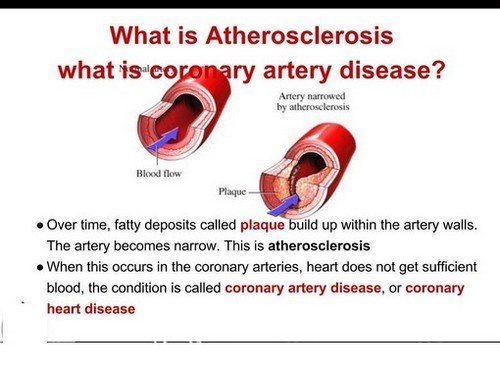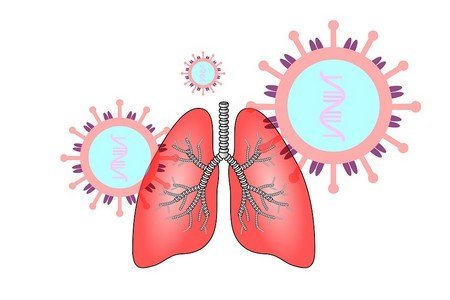Vitamin K is a vital vitamin for better health of bones and heart. It is a fat-soluble vitamin that plays an important role in blood clotting and bone mineralization. It also improves the natural performance of the brain, protects cancer, and promotes a healthy metabolism. You should never ignore warning signals that you have Vitamin K deficiency.

Signs and Symptoms of Vitamin K deficiency in Adults
Heavy gum bleeding, menstrual bleeding, bruising, and nose bleeding are the symptoms of Vitamin K deficiency. Too much bleeding from a cut or wound is a major sign. Some other similar symptoms include blood in urine and bleeding inside the digestive tract. These are warning signals that show the patient must take the doctor’s support to cure the problem as soon as possible.
Signs of Deficiency of Vitamin K in Infants
In newborns, again bruising on the face and the head is a common sign. Besides, paleness, bleeding from belly button or nose; sticky, dark or bloody stool, blood in the urine or in vomiting, sleepiness, tiredness, crankiness are some other signs. Babies of more than 2/3 weeks can have yellowing of the skin and eyes.
What is the effect of deficiency of Vitamin K?
Stomach pain:
Vitamin K is considered a vital nutrient for smooth digestion. It monitors and improves the performance of the digestive system. The deficiency of Vitamin K can result in poor digestion and stomach pain.

Blood-thinning:
The lack of Vitamin K can result in blood thinning. This vitamin is quite important to form blood clots and there would be no blood clots due to lack of Vitamin K. The blood would get thinner and it will start flowing even through some minor cuts.
Poor development of fetus:
Moreover, vitamin K deficiency can also affect the good growth of the fetus. There can be internal bleeding in the skull of the baby, underdeveloped facial features, malformed fingers, etc. All these are the signs of deficiency of this vitamin and therefore, Vitamin K supplements are provided to pregnant women.
Hemorrhage:
The hemorrhages and poor blood coagulation are also symptoms of vitamin K deficiency. The prothrombin content of the blood reduces due to the lack of Vitamin K. It causes blood clotting and other similar issues. The patients can also suffer from Alzheimer’s disease due to this deficiency. Therefore, early signs should not be ignored.
Hardening of arteries:
The lack of Vitamin K can also result in the hardening of arteries. The extra supply of calcium in soft tissues can cause calcium-related health issues. It can harden the arteries and increase the troubles for the patients. People often consider it an issue caused by calcium, but it is this vitamin that affects arteries. Lack of Vitamin K can also result in cystic fibrosis, biliary obstruction, resection of the small intestine, and Malabo sorption.

Osteoporosis:
Several studies were conducted to prove Vitamin K’s relation to osteoporosis, low bone mass, and fractures. The researchers have found that the deficiency of this vitamin results in weak bones and osteoporosis. It is considered an important nutrient for smooth osteocalcin function. It promotes the production of osteocalcin, which is a protein responsible for strong and healthy bones.

Diabetes and pre-diabetes:
Many health experts believe that Vitamin K plays a vital role in preventing diabetes by regulating glucose. It is possible to prevent diabetes by improving the intake of this vitamin-containing foodstuff. It can reduce diabetes risk by up to 51%. Therefore, people should take vitamin K supplements and foods that contain it naturally.
What to eat to get sufficient Vitamin K?
One can get Vitamin K dose naturally through foods. Green vegetables like kale, broccoli, spinach, watercress, chard, and lettuce have Vitamin K. Besides one can have vegetable oils like soybean, olive, and cottonseed. Some other sources of Vitamin K include soybean, figs, meat, cheese, blueberries, and eggs.
References-
https://ada.com/conditions/vitamin-k-deficiency/#symptoms
https://ods.od.nih.gov/factsheets/VitaminK-Consumer/







